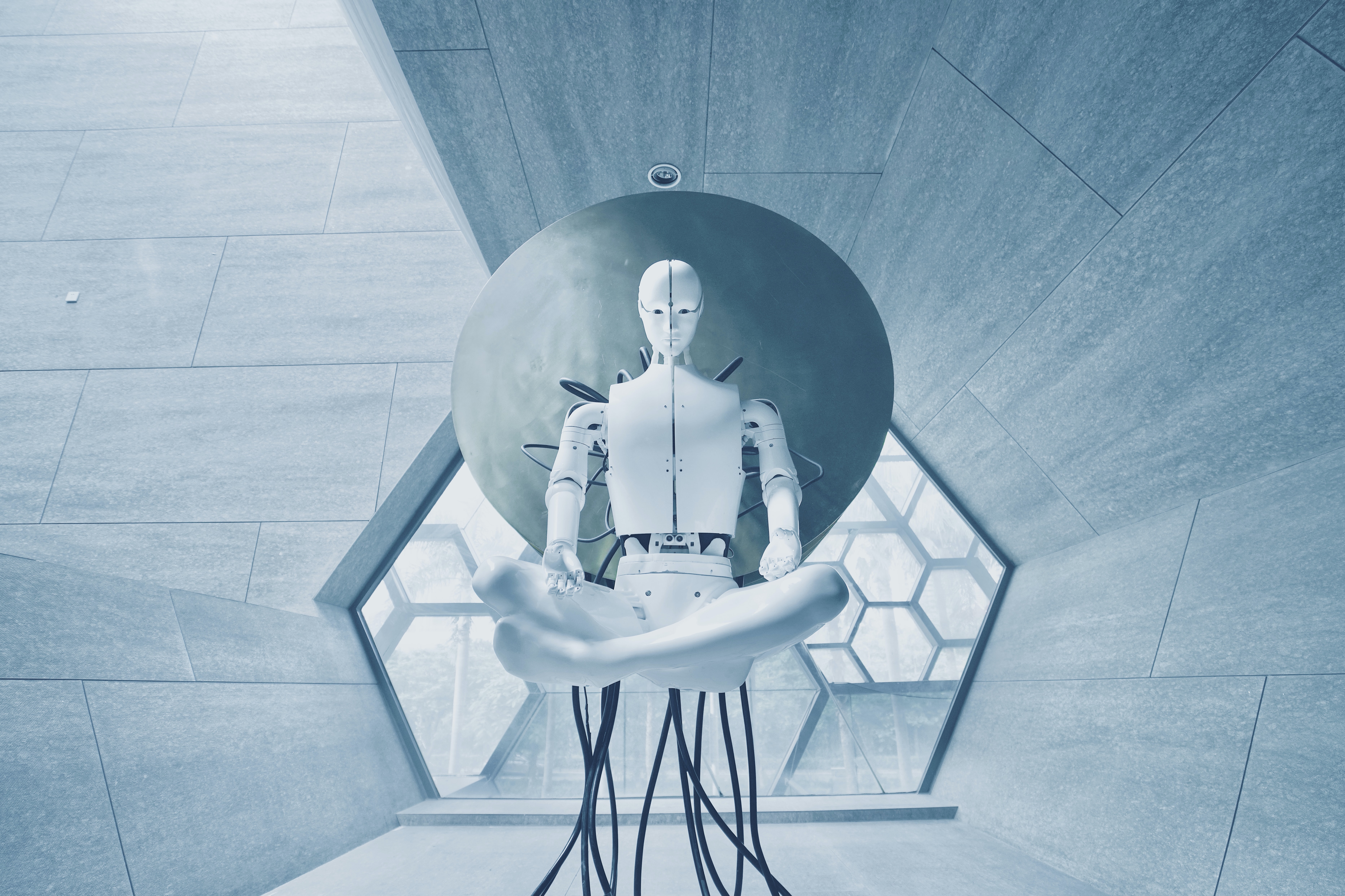 Google continues to add features to its assistant so it can interact with you on a more personal level. Plans include telling jokes and reading children's books.
Google continues to add features to its assistant so it can interact with you on a more personal level. Plans include telling jokes and reading children's books.
In recent news on Google’s blog, they announced that, in addition to being your personal assistant, Google is taking another step to becoming an integral part of your life. LaMDA, a conversation technology, is intended to have human conversations about any topic without giving the same answer twice.
LaMDA's conversational skills are the result of years spent building and improving its model. Like other recent language models which Google Research open-sourced in 2017, LaMDA is built on transformer architecture: an artificial neural network that can read words (a sentence or paragraph), pay attention to how those words relate, while predicting what word it anticipates will come next.
LaMDA, unlike most other language models trained on monologues and non-conversational writing styles, was specifically designed to learn conversational dialogue. This model can pick up a few factors which make open-ended conversations different from typical written formats or scripted dialogues.
Such advancements in technology raise the question of how beneficial they can be to our lives. Industry and mental health experts provided their input on whether they have concerns about clients using this technology to decrease feelings of loneliness, and if they recognize any positive aspects of this technology.
Alex Mastin, the CEO, and Founder of Home Grounds, says the idea that robots or software will replace meaningful human interactions has been a legitimate concern. He explains that some internet users have accepted the virtual world as their home. However, it is not a substitute for human interaction, and only a small population interacts with the online community on such an intense level. He gives examples of tools like Siri, Cortana, and Google Search, and how they have been around for a while, but still aren't considered an adequate replacement for human interaction. They are used to enhance connections between people in real life. “The introduction of LaMDA will provide a helpful tool for the navigation of digital spheres, but will not become a substitute for normal human relationships,” he concludes.
Felix Maberly, a lead psychologist at Tiger Supplies, explains that using Google Assistant to increase loneliness is both beneficial and harmful, depending on what's going on and the various groups of individuals we have. It's beneficial when the elderly, who find moving out of their homes difficult, use it as a "someone" to chat to. He notes Google Assistant tends to have more destructive effects on generation-z and young adults, whose lives have been disrupted by the pandemic or who have had different setbacks in life. He states these individuals need professional therapy and counseling. To validate his opinion, he refers to the findings of a study that revealed “promising results because young people who regularly needed to confide with a therapist report less loneliness or anxiety than their fellows who didn't use Google Assistant.”
Josh Mitch, CEO, and founder of AirConditionerLab, strongly believes that a true friend can never be replaced by Google Assistant. He explains Google Assistant is tailored to you based on your search history, device usage habits, and installed applications. Thus, it is advantageous if you are looking for an answer to your query. He goes on to explain that, from a conversational standpoint, it can never convey a point like a person who talks from the heart and with emotions. “People with mental health can become more lonely if they rely on Google Assistant because of its monotonous nature and insufficient human touch,” he adds.
“While conversational AI has changed the way businesses interact with consumers, I do not believe this breakthrough can eliminate loneliness,” says Andriy Bogdanov, CEO and co-founder of Online Divorce. He says these inventions may not always provide logical answers or solutions, leaving the user wanting more and unsatisfied with the results. He goes on to explain that language dialects, accents, sarcasm, emojis, and slang all affect how we communicate, and that AI systems must keep up with what's normal in our daily communications. He also touches upon the advantages that come with such advancements, which include utilizing such tools “to verify and engage in services without providing any identification.”
While all agree that technology advancements can enrich our lives, they can never be a replacement for a true friend or human interaction.
Tina Arnoldi, MA is a marketing consultant and freelance writer in Charleston SC. Learn more about her and connect at TinaArnoldi.com